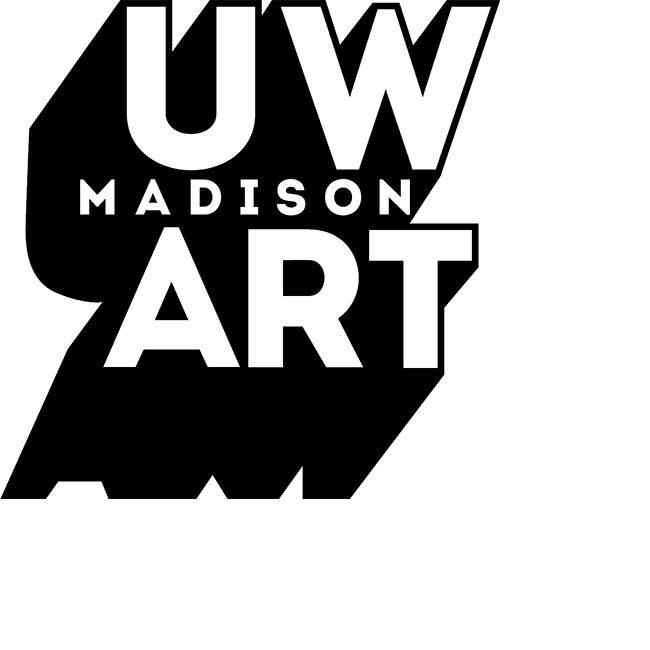 As a faculty member and Chair of the Art Department, I have the extraordinary privilege to be able to think about art almost all the time. As artists who teach, we often get lost in the responsibilities of our teaching and other aspects of our university life over less pressing, but equally important questions. However, what if, for the moment, we allow ourselves to think about the possibilities of art? What if, for today, we think about art as a kind of agreement or social contract in which we agree to allow ourselves to be touched, to have our hearts opened to the gracious gifts of the creative spirit? What if art was a gift, an offering of hope, of love and of transcendence?
As a faculty member and Chair of the Art Department, I have the extraordinary privilege to be able to think about art almost all the time. As artists who teach, we often get lost in the responsibilities of our teaching and other aspects of our university life over less pressing, but equally important questions. However, what if, for the moment, we allow ourselves to think about the possibilities of art? What if, for today, we think about art as a kind of agreement or social contract in which we agree to allow ourselves to be touched, to have our hearts opened to the gracious gifts of the creative spirit? What if art was a gift, an offering of hope, of love and of transcendence?
What does it mean to be Utopian; to be idealistic? To believe that art and art practice does not simply add value to life, but actually has the potential to alter the human landscape; to make humanness a sustainable, creative endeavor? It seems an overwhelming question. To be such a utopic idealist, may mean that one’s expectations are often undermined by the realities of contemporary life and that, at times, the desire for transcendent creative experiences may be met with less than transcendent outcomes. It may mean exquisite failure. However it also means that at times, when the numerous possibilities for failure are overcome in some mysterious way, transcendence does indeed occur: the spectator is moved beyond words and the alchemy of creativity produces a momentary portal through which pours a kind of divine connectedness. I think these moments actually occur more than we imagine but they are contingent on our ability to be present and mindful.
I was thinking about such things today while teaching. The hour that I spent with my students was such a gift; to be in a room where we are all singularly focused on the creative ambition of artists throughout history is perhaps the best part of the day and I am reminded again about the possibilities of art.
Best,
Douglas Rosenberg
Chair, Art Department
